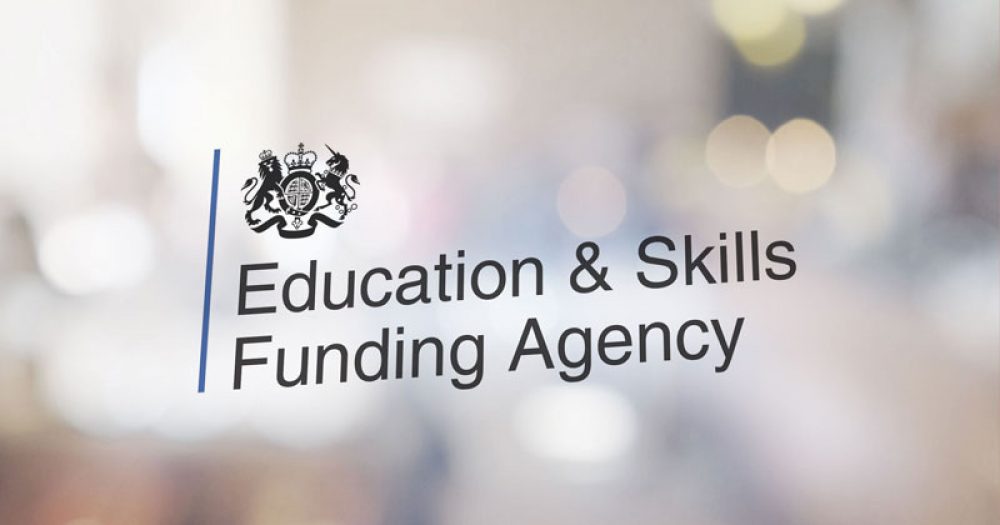Providers in some of the most disadvantaged areas of the country will be given an extra £500 per learner for post-16 maths teaching, in a pilot announced today by the Education and Skills Funding Agency.
It will test three different approaches to using the funding, to assess which is most effective at improving results for learners with the lowest prior attainment in maths.
The ESFA will contact all eligible institutions to ask if they would like to be included in the pilot.
The deadline to opt in is May 25.
“We will inform institutions about their funding structure allocation after they have opted in,” a spokesperson said.
It’s designed to boost achievement for learners with a grade three or lower at GCSE maths, and is open to post-16 providers in areas identified by the Department for Education as a category five or six area according to its ‘Achieving excellence areas’ methodology.
These are areas that have been identified as having low standards for learners and a poor capacity to improve.
The cash will be in addition to providers’ normal 16-to-19 allocations.
The pilot, which will run for two years, aims to “identify how the additional funding is used by institutions, and to build up an evidence base on which activities lead to improvements in teaching and learning” and to “support some of the most disadvantaged areas of the country with additional funding”.
It will test whether it’s more effective for institutions to be given all the cash upfront, or after a learner improves their maths grade to at least a grade four in the summer of 2020, or a combination of the two.
Providers will have “flexibility over how to spend the additional funding”, which could include more teaching hours, smaller class sizes, or use of technology.
But, the guidance warns, “you should only use programmes and approaches that are known to be effective”.
The pilot is being run on an opt-in basis, and the ESFA will contact all eligible institutions to invite them to take part.
Since 2013, all 16- to 19-year-olds without at least a grade C in GCSE maths or English have had to enrol in courses alongside their main programme of study.
This requirement was tightened in 2015 to require all of those with a grade D – now a 3 – in those subjects to sit a GCSE course, rather than an equivalent stepping-stone course such as functional skills.
But after GCSE results showed huge numbers of learners aged 17 and older failed to improve their grades in resits, many in the sector renewed calls on the government to scrap the policy.
FE colleges have struggled to fund the extra maths teaching requirements.
The Treasury announced last November that £8.5 million had been set aside to pilot “innovative approaches” to improving the controversial GCSE maths resit policy.
The budget statement revealed the government wants to find ways to improve resit outcomes for learners, by launching a new pilot scheme.
“The budget announces support for maths, given its crucial role in preparing the next generation for jobs in the new economy,” the document said.
“The government will test innovative approaches to improve GCSE maths resit outcomes by launching a £8.5 million pilot, alongside £40 million to establish Further Education Centres of Excellence across the country to train maths teachers and spread best practice.”








Your thoughts